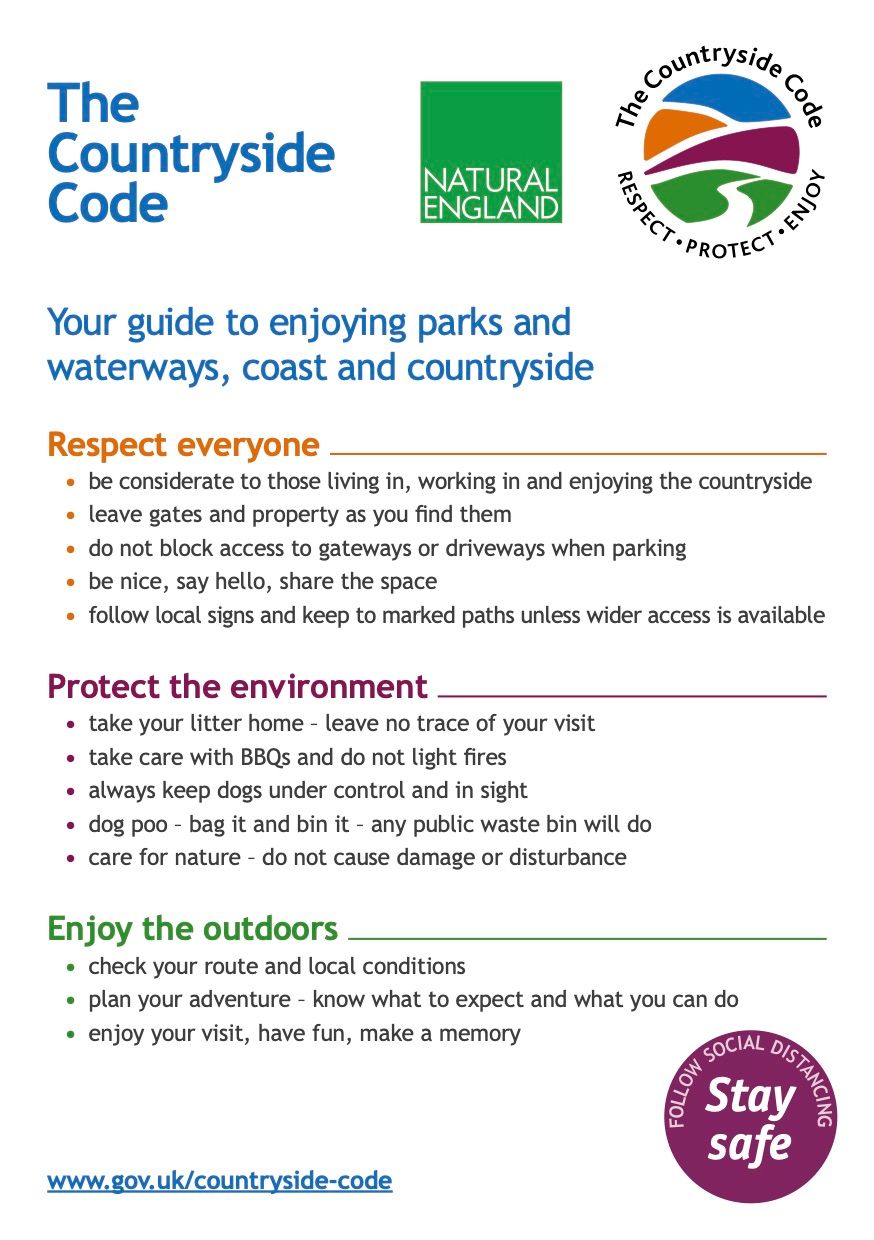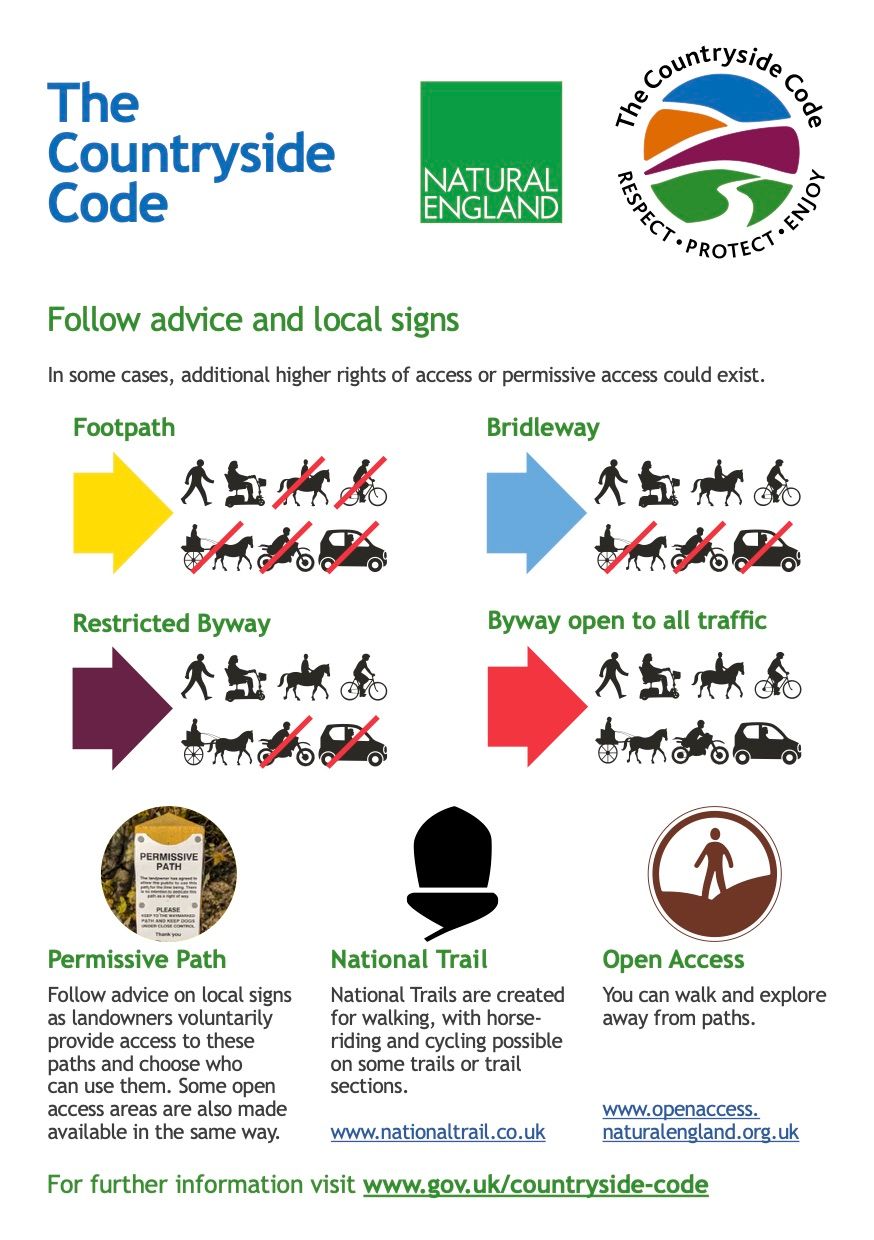The weather in the Lake District can change rapidly and it can feel very different half way up a fell compared to in the valley. Also weather conditions such as cloud and clag can be very disorientating if you aren't experienced.
If you're planning on going out on the fells or on the water you should #beadventuresmart and ask yourself these 3 questions -
Am I confident I have the knowledge & skills for the day?
Do I know what the weather will be like?
As we are all used to in the UK, the weather has the potential to make or spoil your day. This doesn’t have to mean that a spot of drizzle or even a howling gale has to stop us in our tracks. Like a good Scout, being prepared and adapting your plans is the key to being in control of your day. Check the weather forecast – the Met Office is a good places to start. PS Remember that most unusual occurrence of a cloudless sky can also cause problems (take care to avoid heat stroke!).
Do I have the right gear?
If that has prompted you to ask ‘what is the right gear?’ then you need help! Kit doesn’t need to be expensive but does need to keep you warm and dry and, in the case of boots, needs to fit well; there is nothing like a blister to ruin a good day’s walking! If your adventure involves heading out on the water then a well fitted and well-maintained buoyancy aid is essential.
The weather in the Lake District can change rapidly. Whether you are climbing a mountain or tackling one of the lower fells it is essential that you check the forecast before you set off and keep an eye on the weather whilst you are out. Wear good quality hiking boots and several thin layers of clothing. Always tell someone where you are going. Plan your route before you set off giving yourself plenty of time to get back before dark. Be aware that you cannot always get a mobile phone signal whilst out on the hills.
If you're hiking in the fells, don't forget to take with you:
Clothing
- Waterproof jacket (can always be kept in the rucksack until needed, don’t leave home without it)
- Insulating mid layer (fleeces, soft-shell jackets, down jackets, dependent on the weather)
- Breathable base layer (look for technical materials, avoid cotton t-shirts)
- Walking trousers (quick drying trousers with a good range of movement, avoid denim)
- Waterproof over-trousers (a great option for over your walking trousers in a downpour)
- Hats & gloves
- Watch (or any reliable method of telling the time)
- Rucksack/daypack (well fitted, adjusted correctly and comfortable)
- Sun hat
Footwear
- Walking boots/shoes. Need to be comfortable and well-fitting (choose based on your style of walking and the terrain you want to take on)
- Breathable walking socks (merino wool is ideal, avoid cotton if possible)
Rucksack essentials
- First aid kit
- Mobile phone (fully charged) and portable charger in a dry bag (a ziplock freezer bag works as a cheap option)
- Emergency whistle
- Map & compass (even if you use GPS)
- Torch or head torch
- Suncream
- Sunglasses (snow can be bright, so worth taking them in winter also)
- Blister relief
- Spare laces
- Bottled water (keep yourself hydrated)
- Flask of hot drink
- High energy snacks (to give an energy boost when tired)
- Any necessary medication (with spares)
- Spare warm clothing
- Spare socks
- Survival bag (just in case)
- Emergency contact details
Open Water Swimming
The water can look appealing but even in summer it can be particularly cold. Follow these swimming do's and don't's to have fun and stay safe.
In An Emergency
Call 999 and ask for Police then Mountain Rescue
The Mountain Rescue teams in the Lake District, staffed by unpaid volunteers, attend many call-outs each year. As registered charities they rely on voluntary contributions to continue their good work. Visit the websites of the Keswick Mountain Rescue Team and the Cockermouth Mountain Rescue Team to see how you can help.



